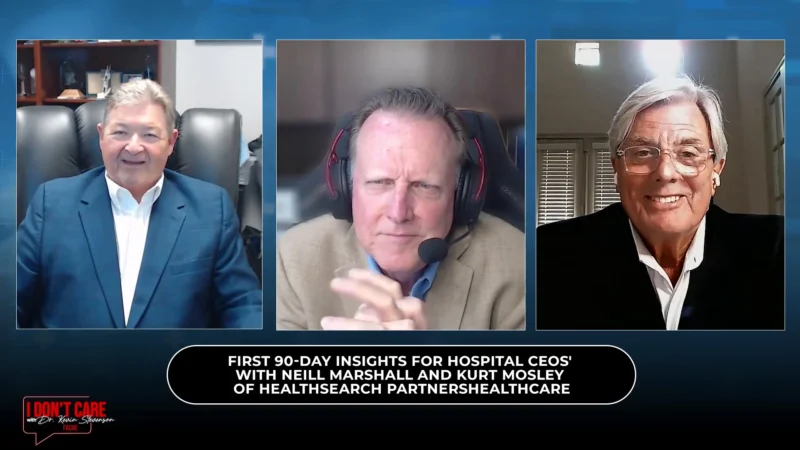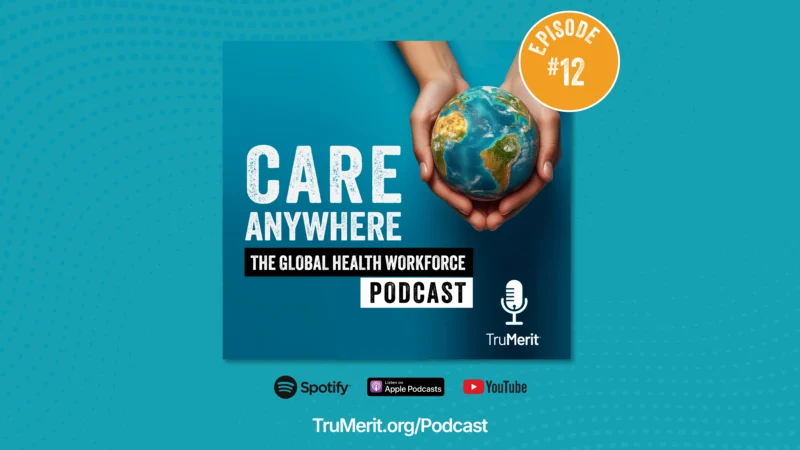Exploring the Different COVID Tests
On this episode of HealthFirst Talks, host Grace Huang welcomes two medical expert guests to discuss the different COVID-19 tests, their efficacy, and what test to use in different scenarios. Those guests are Dr. Scott Cohen, Chief Medical Information Officer and Chief Performance Improvement Officer for Bassett Healthcare Network, and Dr. Fiona Collins, dentist and international speaker and author.
Drs. Cohen and Collins explained the two types of COVID-19 tests: PCR tests and antigen tests. “There are two broad types of COVID-19 diagnostic tests. The antigen test takes the nasal fluid and looks for the presence of the antigen. If so, it’s positive. The PCR is looking for the presence of coronavirus RNA,” Dr. Cohen said.
Which is more accurate? Dr. Collins explained, “When looking at accuracy, diagnostic tests can be high sensitivity or high specificity. With high sensitivity, you have very few false negatives. With high specificity, very few false positives.”
The doctors agreed that false negatives were more concerning for COVID-19. With a false positive, the worst that could happen is isolation. A false negative could lead to spread.
When looking at the two tests, Dr. Collins shared, “PCR tests have high specificity and sensitivity. Antigen is only high specificity. It can have a false-negative rate of 15-20%.”
With this in mind, PCR testing is clearly the stronger test, but it may not always be the best choice. For post-exposure testing, Collins said, “PCR is more reliable, but it will take a few days to get back, so patients should quarantine until results.”
In the case of mass testing, the antigen test may be better because it acts as a monitoring system, and people are being tested regularly. “Antigen testing is fastest and least expensive. No lab is needed. Because you’re regular testing, you can overcome the sensitivity issue,” Dr. Cohen added.
Learn more about COVID testing and precautions to take by watching the conversation.



